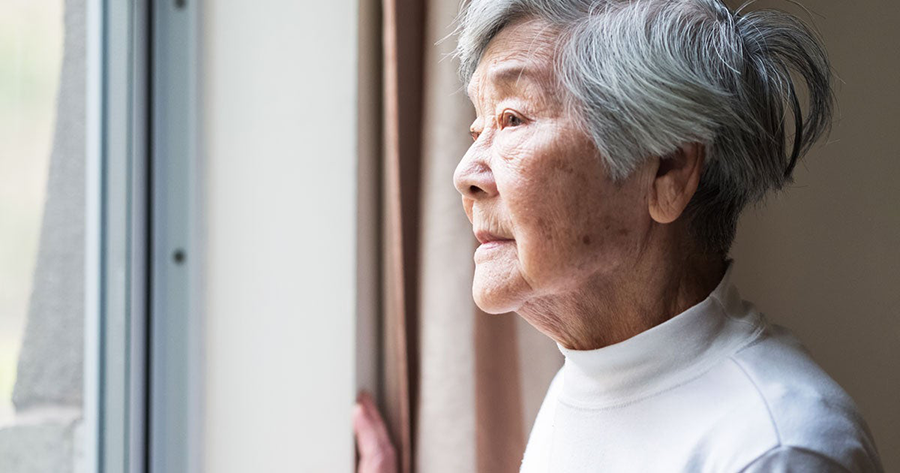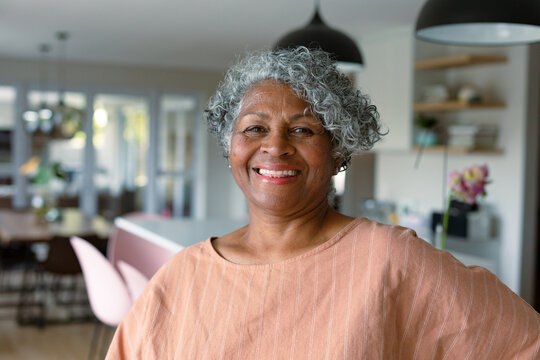Caring for an elderly loved one is an act of compassion, but it can also be a complex and emotionally challenging journey. Many families face the question of when to consider home care for their aging relatives. Deciding to transition to home care is an important step in ensuring the well-being and comfort of the elderly person. In this blog, we will explore the key signs and factors that can help you determine when it’s time to consider home care for your elderly patient.
Changes in Physical Health
As our loved ones age, they may experience physical health challenges that make it difficult for them to perform daily tasks. It’s important to look for signs such as:
- Increased difficulty with mobility or balance.
- Frequent falls or accidents.
- The need for assistance with activities of daily living (ADLs) like bathing, dressing, or feeding.
If you notice any of these changes, it may be an indicator that home care is needed to ensure their safety and well-being.
Cognitive Decline
Cognitive decline is a natural part of aging, but conditions like Alzheimer’s or dementia can accelerate this process. Signs of cognitive decline may include:
- Memory problems.
- Difficulty with decision-making or problem-solving.
- Getting lost in familiar places.
When an elderly patient’s cognitive abilities decline to the point where they are at risk of harm or neglecting their own health, home care becomes crucial for their safety.
Increased Isolation and Loneliness
Isolation and loneliness can have serious effects on an elderly person’s mental and emotional well-being. Look for signs such as:
- Withdrawal from social activities.
- A significant decrease in social interactions.
- Expressions of loneliness or sadness.
Home care providers can offer companionship and emotional support, mitigating these feelings of isolation.
Caregiver Burnout
Families often provide care for their elderly loved ones, but this can lead to caregiver burnout.

If you notice that you, as the caregiver, are experiencing physical or emotional exhaustion, neglecting your own needs, or your relationships are strained, it’s a sign that it may be time to consider professional home care to share the responsibilities.
Safety Concerns
Safety is paramount, and when an elderly patient is at risk due to their living situation, home care is a necessary consideration. Signs of safety concerns may include:
- Frequent accidents or injuries.
- Medication mismanagement.
- Poor home maintenance or sanitation.
Home care providers are trained to ensure the safety and well-being of elderly individuals.
Decline in Personal Hygiene and Nutrition
A decline in personal hygiene and nutrition can be a clear indicator that an elderly patient needs assistance. If you notice:
- Poor personal grooming.
- Weight loss or malnutrition.
- Inability to prepare meals.
Home care providers can help with daily hygiene routines and meal preparation.
Conclusion: Providing the Best Care
Determining when it’s time to consider home care for an elderly patient is a decision that should be made with the patient’s best interests in mind. It’s a step toward ensuring their comfort, safety, and overall well-being. Pay attention to the signs mentioned above and consult with healthcare professionals or home care agencies in your area to explore the options available. Providing the best care for your elderly loved one is an act of love, and home care can make a significant difference in their quality of life.



